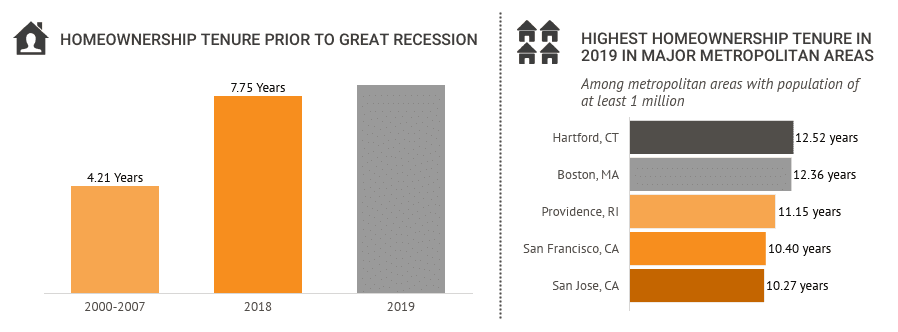It looks like you're new here. If you want to get involved, click one of these buttons!
https://purposefocuscommitment.medium.com/the-rice-and-the-chess-board-story-the-power-of-exponential-growth-b1f7bd70aacaThere was once a king in India who was a big chess enthusiast and had the habit of challenging wise visitors to a game of chess. One day a traveling sage was challenged by the king. The sage having played this game all his life all the time with people all over the world gladly accepted the Kings challenge. To motivate his opponent the king offered any reward that the sage could name. The sage modestly asked just for a few grains of rice in the following manner: the king was to put a single grain of rice on the first chess square and double it on every consequent one. The king accepted the sage’s request.
That’s quite common. The experts say we’re still flush with cash. A lot of spending was curtailed during the worst of Covid. Folks travelled little. And with less travel - plus working from home - new wardrobes weren’t necessary. Fuel was cheap.(Crude went below 0). People drove much less. I put off some interior maintenance for almost a year - not wanting workers in the house before being vaccinated.I keep getting money building up in my bank account.
You not only objected but offered an alternative explanation regarding the CPI-U calculation. My comments pertained to that alternative explanation, nothing more.My initial objection was to the assertion as to the reasons for the removal of home prices, nothing more.
@crash - it's not for everyone but
IOFIX - 1yr.: +18.29% although after last year there really wasn't much place to go but up.
YTD: +13.7%
Yield: 3.98%
The only antecedent for "it" I can see is periodicity of purchases, so I'll infer that this continuum is the length of time between purchases.Why should rare years-apart purchases be included in widely impacting run-of-the-mill inflation calcs? ...
Do you disagree with the BLS for including the prices of new and used motor vehicles in its CPI calculations?
It's a continuum, arguable, debated, ...

© 2015 Mutual Fund Observer. All rights reserved.
© 2015 Mutual Fund Observer. All rights reserved. Powered by Vanilla